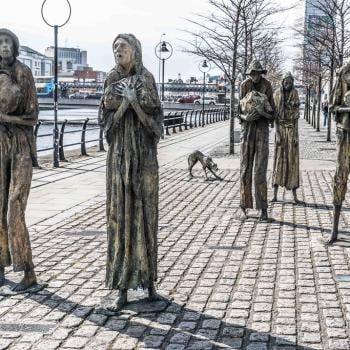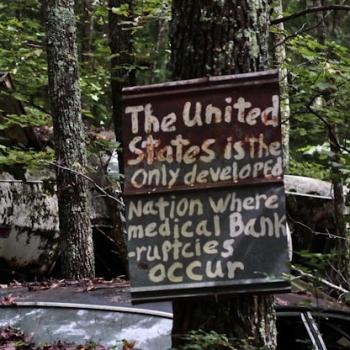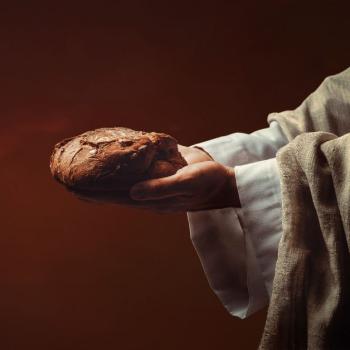Why Do We Suffer?
By Tullian Tchividjian
September 16, 2012
We were on I-95 heading south when I got the call. Up to that point the drive had been ecstatic. After two years living in Knoxville, TN, my family and I were returning home to sunny South Florida to plant a church, and we were excited. It was not going to be easy, but it was going to be a lot easier there than it would be anywhere else. You see, in my hometown I was more than an anonymous pastor. I was a Tchividjian. My parents were well established in the community, my mother as a nationally renowned speaker and author, the daughter of Billy Graham, my father as the sophisticated European psychologist whose practice had helped countless people in the area, not to mention the country. My pedigree would be a huge boost. So when I heard my father's voice on the line, telling me that he and my mother were separating after 41 years of marriage, I didn't know what to say. Little did I know that it was just the beginning of a painful journey that would turn my life and faith upside down.
There is a temptation in writing about suffering to romanticize one's struggles, or to insensitively rank and compare trials, as if victimhood were a matter of one-upsmanship. Far too many people have suffered the sort of tragic reversals that I have been spared, and no one but God knows or understands the full extent of another person's pain. The English poet T.S. Eliot once wrote, "all cases are unique, and very similar to others," and I think he was on to something. Suffering is suffering, and it is universal.
There are only a few guarantees in life, and unfortunately, the R.E.M. song "Everybody Hurts" articulates one of the most pronounced. We all suffer. Pain is unavoidable, not a question of if but when. It can take the form of a sudden catastrophe, such as the news of a brain tumor or an oncoming hurricane, or it can be something more ordinary like a strained relationship that drags on in a kind of dull ache. Whatever your experience, whatever variety of pain you're most familiar with, the truth remains: each of us suffers in some way, every single day.
Why then do we suffer? Why does God allow so much of it? What, if anything, are we supposed to learn through it? And, most importantly, when will it end? C.S. Lewis wrote, "If I find in myself a desire which no experience in this world can satisfy the most probable explanation is that I was made for another world."
In other words, this side of heaven, suffering points to a deeper reality. We are meant for something greater.
Writer and theologian Robert Farrar Capon has suggested that God is especially present in our suffering. What would a God who was present in suffering look like? First and foremost, it would be a God who suffers Himself. Maybe even dies. A God who meets people in their suffering, rather than on the other side of it. Pain might even be one of His primary avenues for reaching people.
We may not ever fully understand why God allows the suffering that devastates our lives. We may not ever find the right answers as to how we'll dig ourselves out. There may not be any silver lining, especially not in the ways we would like. But we don't need answers as much as we need God's presence in and through the suffering. For the life of the believer, one thing is beautifully and abundantly true: God's chief concern in your suffering is to be with you and be Himself for you.
In other words, our ruin may not ultimately spell our undoing. It may in fact spell the beginning of faith. And in the end, that is enough.
This article was excerpted from Glorious Ruin, © 2012 by Tullian Tchividjian. Published by David C. Cook, www.davidccook.com. Used by permission. All rights reserved.
Visit the Patheos Book Club for more conversation on Glorious Ruin.
9/16/2012 4:00:00 AM




